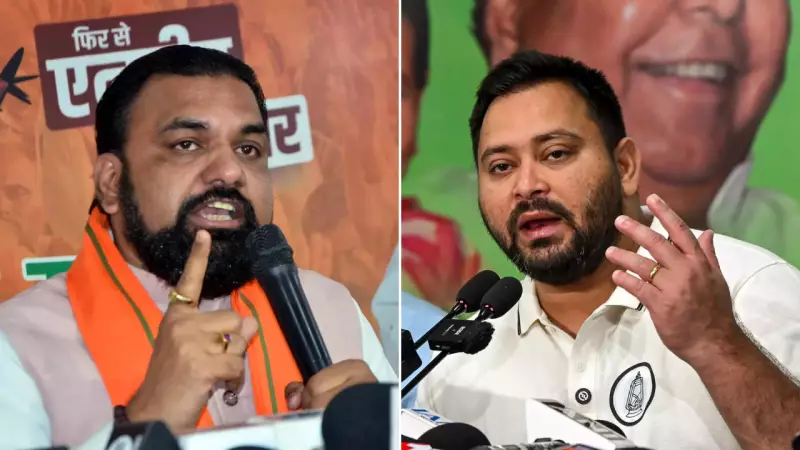
As Bihar gears up for another electoral battle, a familiar pattern emerges from the candidate lists of major political parties. The state's political landscape continues to be dominated by established families and dynastic politics, with familiar surnames occupying center stage in the upcoming elections.
The Unchanging Face of Bihar Politics
Despite claims of political modernization and merit-based selections, an analysis of candidate nominations reveals that birth-based privilege remains a significant factor in Bihar's electoral politics. Major parties including the Rashtriya Janata Dal (RJD), Janata Dal (United), and Bharatiya Janata Party have largely fielded candidates from established political families.
The trend is particularly noticeable in constituencies considered 'safe seats,' where political scions often receive preferential treatment during ticket distribution. This pattern underscores the enduring influence of family connections in determining political opportunities within the state.
Prominent Dynasties in the Fray
Several high-profile political families continue to maintain their stronghold across different regions of Bihar:
- The Yadav family, led by Lalu Prasad and including his sons Tejashwi and Tej Pratap, remains a dominant force in RJD's candidate selection
- Nitish Kumar's JD(U) features multiple candidates with family political backgrounds
- The BJP's list also includes several candidates from political families, though the party maintains a more diverse representation
What This Means for Bihar's Democracy
Political analysts suggest that the persistence of dynastic politics raises important questions about political mobility and representation in Bihar. While experienced politicians argue that political families bring name recognition and established voter connections, critics point to the limited opportunities for new talent to emerge in the political arena.
The concentration of political power within certain families potentially limits the diversity of perspectives in legislative bodies. This trend is particularly significant in a state where development issues and governance challenges require innovative solutions and fresh approaches.
Voter Perspective and Electoral Impact
Despite the dominance of political families, voters in Bihar have demonstrated their ability to make independent choices based on performance and local issues. The upcoming elections will test whether name recognition alone can secure victories or if governance track records will ultimately determine electoral outcomes.
As campaigning intensifies, all eyes will be on whether these established political families can maintain their dominance or if new political forces will emerge to challenge the status quo in Bihar's complex political landscape.






